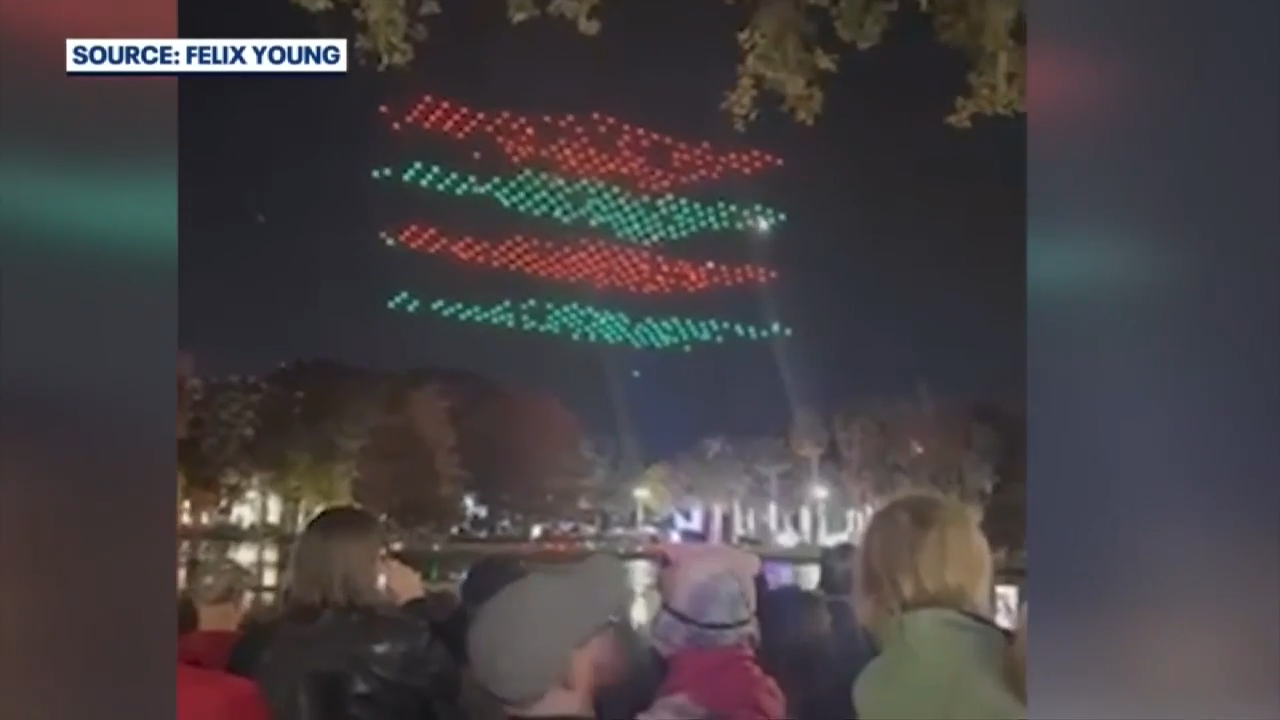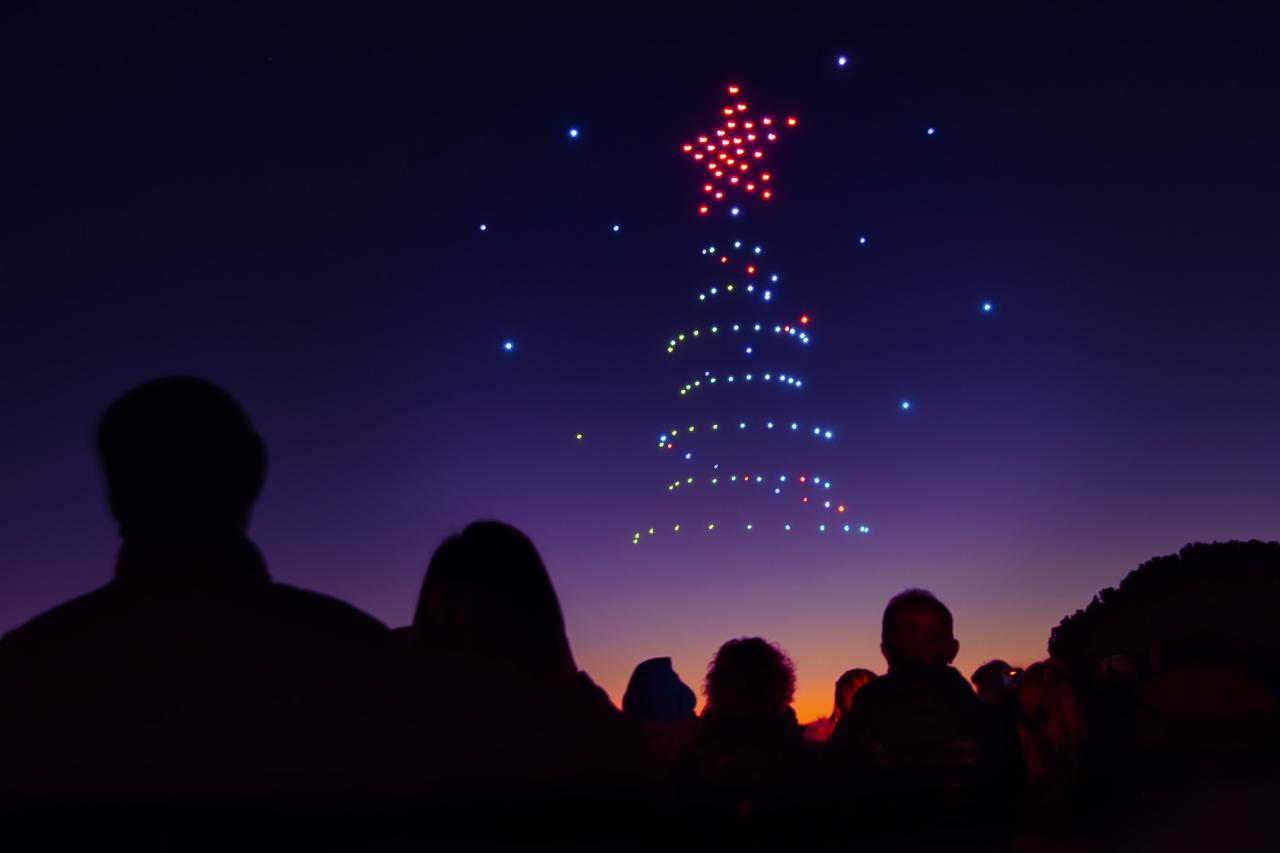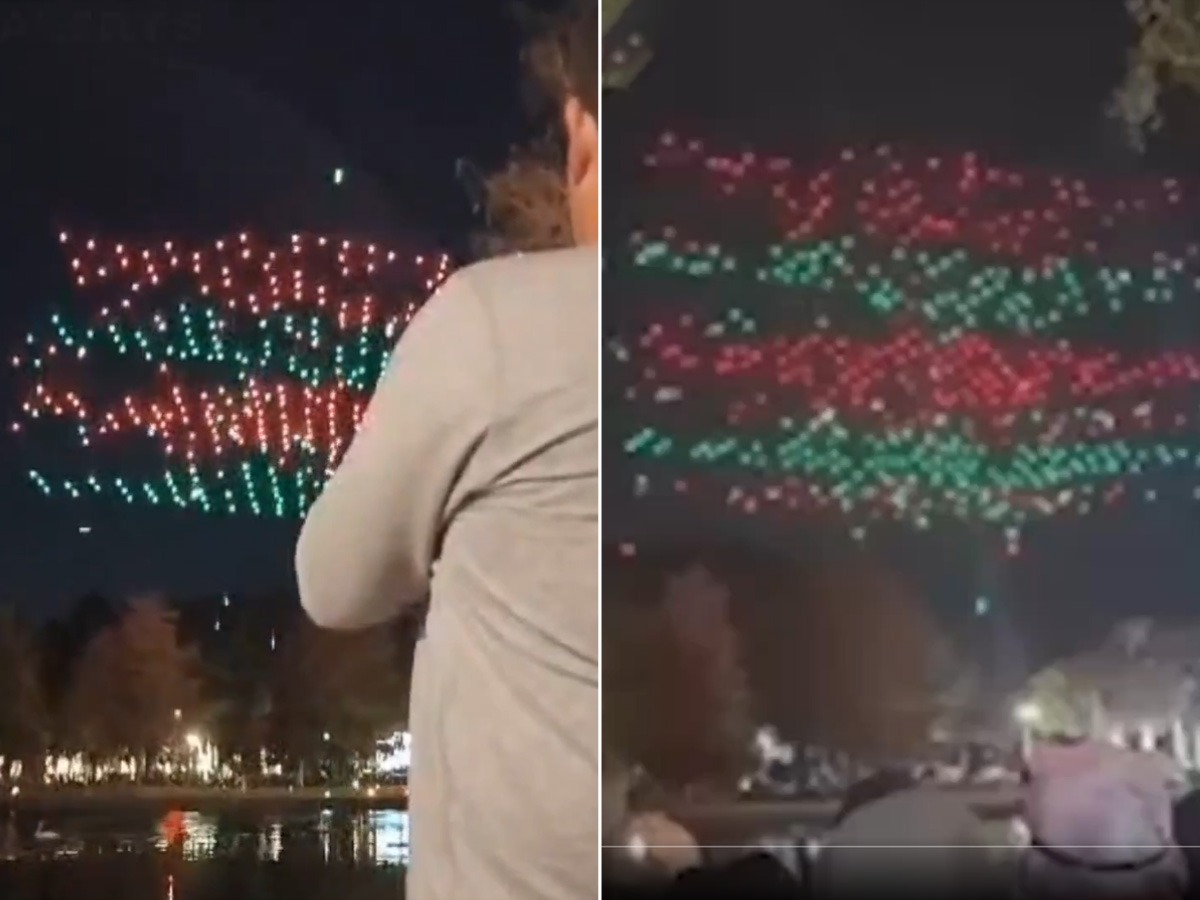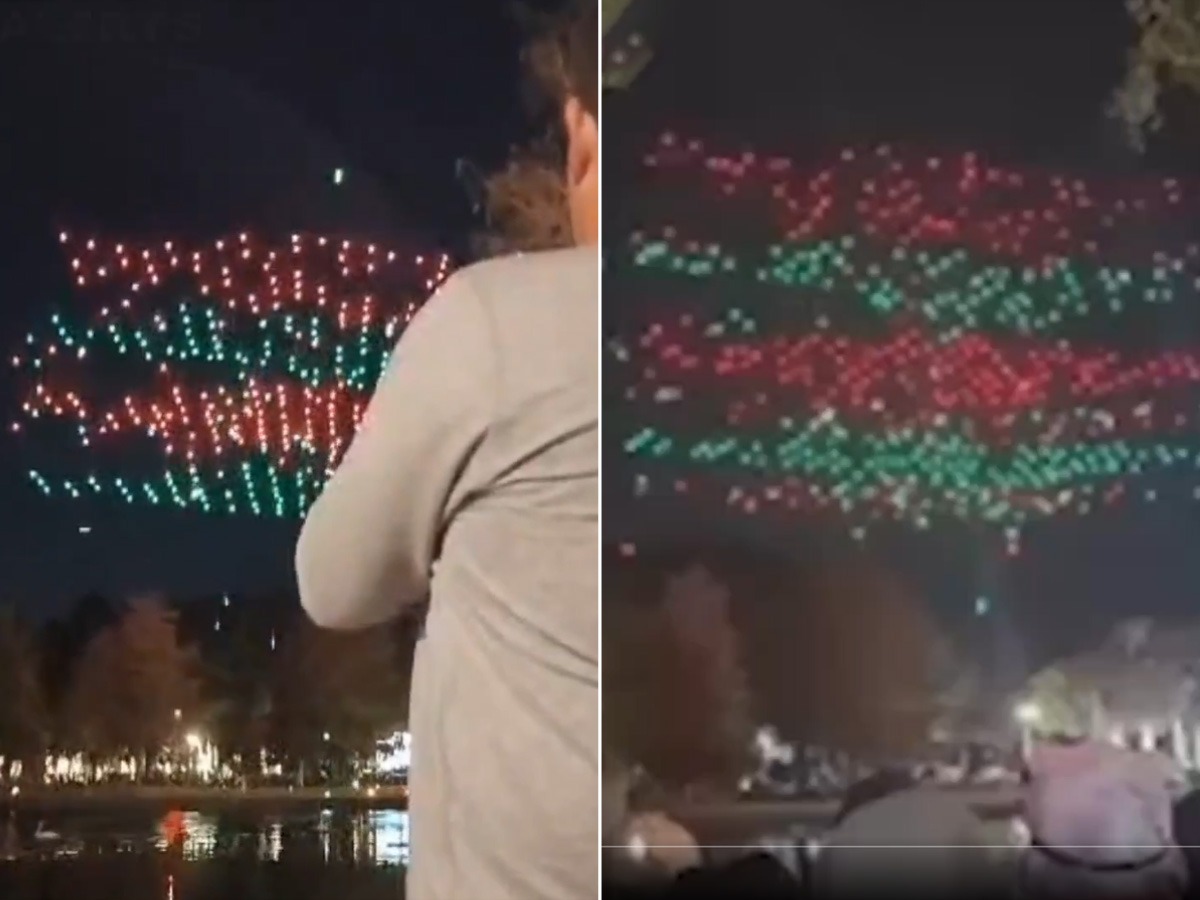Florida drone accidents are increasingly prevalent, demanding a thorough understanding of the regulatory landscape, safety protocols, and potential consequences. This exploration delves into the various types of accidents, from mid-air collisions to malfunctions stemming from inclement weather, examining the contributing factors and preventative measures. We’ll also analyze the legal framework governing drone operation in Florida, comparing it to other states and highlighting the crucial role of proper training and certification in ensuring safe drone operation.
Recent news reports detail a concerning Florida drone accident, highlighting the increasing need for responsible drone operation. The incident prompted reflection on how easily technology can be misused, contrasting sharply with the wholesome spirit of initiatives like the norad santa tracker phone number , which uses technology for joyous purposes. Ultimately, the Florida drone accident underscores the importance of safety regulations and mindful technology use.
The analysis will further investigate the investigative procedures following accidents, encompassing the roles of law enforcement and the FAA, as well as the economic and social implications of drone incidents, including property damage, liability concerns, and potential loss of life. Finally, we will present case studies of notable Florida drone accidents, drawing crucial lessons learned and highlighting the ongoing evolution of safety regulations and best practices.
Florida Drone Accidents: A Comprehensive Overview
Florida, with its diverse landscape and growing drone industry, experiences a significant number of drone-related incidents. Understanding the types of accidents, regulatory frameworks, weather impacts, investigation procedures, safety measures, and economic consequences is crucial for mitigating risks and ensuring safe drone operations. This article provides a detailed examination of these aspects.
Types of Florida Drone Accidents

Drone accidents in Florida encompass a wide range of incidents, stemming from various causes. These accidents can be broadly categorized into collisions, malfunctions, and unauthorized flights. Collisions involve drones striking objects, such as buildings, trees, or other aircraft. Malfunctions refer to technical failures within the drone itself, leading to loss of control or unexpected behavior. Unauthorized flights violate FAA regulations, posing risks to public safety and airspace security.
| Accident Type | Description | Common Causes | Prevention Strategies |
|---|---|---|---|
| Collisions | Drone striking another object (e.g., building, person, aircraft). | Pilot error (loss of situational awareness, poor judgment), GPS interference, mechanical failure. | Proper pre-flight checks, maintaining visual line of sight, avoiding congested areas, using obstacle avoidance systems. |
| Malfunctions | Unexpected drone behavior due to technical issues. | Battery failure, motor malfunction, software glitches, component failure. | Regular maintenance, using high-quality components, software updates, redundant systems. |
| Unauthorized Flights | Operating a drone in restricted airspace or violating FAA regulations. | Lack of awareness of airspace restrictions, failure to obtain necessary permits, disregarding safety guidelines. | Thorough pre-flight planning, understanding FAA regulations, obtaining necessary permits and approvals. |
Regulatory Framework for Drone Operations in Florida, Florida drone accident

Drone operations in Florida are primarily governed by Federal Aviation Administration (FAA) regulations, supplemented by state-specific laws and local ordinances. The FAA’s Part 107 Artikels requirements for drone pilots, including certification, operational limitations, and airspace restrictions. Florida, like other states, may have additional rules regarding drone usage in specific areas, such as near airports, wildlife refuges, or public events.
These regulations aim to balance the benefits of drone technology with the need for public safety and airspace security.
A flowchart illustrating the steps to obtain authorization would include: 1. Determine if a Part 107 certificate is required. 2. Complete the Part 107 knowledge test. 3.
Register the drone with the FAA. 4. File a flight plan (if necessary). 5. Check airspace restrictions using resources like B4UFLY.
Recent reports of a Florida drone accident highlight the increasing need for responsible drone operation. The incident prompted me to think about other technological marvels, like the norad santa tracker phone number , which, while seemingly unrelated, underscores the importance of precise tracking and communication in high-tech systems. Ultimately, both scenarios emphasize the potential consequences of misuse and the need for careful oversight in the rapidly evolving world of technology.
6. Conduct pre-flight checks. 7. Obtain any necessary local permits.
Impact of Weather Conditions on Drone Accidents

Florida’s unpredictable weather significantly impacts drone safety. Various weather phenomena can compromise drone stability and operational capabilities, increasing the risk of accidents. Strong winds can cause loss of control, while heavy rain or snow can impair visibility and damage electronic components. Thunderstorms pose a significant threat due to lightning strikes and turbulence.
- High Winds: Loss of control, increased risk of collisions.
- Rain/Snow: Reduced visibility, potential for electronic component damage.
- Thunderstorms: Lightning strikes, turbulence, heavy precipitation.
- Hurricanes: Extreme winds, heavy rain, potential for debris strikes.
Drone Accident Investigation Procedures
Investigating drone accidents in Florida typically involves a multi-faceted approach, with various stakeholders playing crucial roles. The investigation process aims to determine the cause of the accident, identify contributing factors, and implement preventative measures.
- Initial Response: Secure the accident site, gather preliminary information.
- Evidence Collection: Collect drone wreckage, flight logs, witness statements, video footage.
- Data Analysis: Analyze flight data, weather conditions, and other relevant information.
- Cause Determination: Identify the primary and contributing factors to the accident.
- Report Generation: Prepare a comprehensive report detailing findings and recommendations.
Safety Measures and Best Practices for Drone Pilots in Florida
Prioritizing safety is paramount for responsible drone operation. Adhering to safety measures and best practices significantly reduces the risk of accidents. These practices encompass pre-flight checks, flight planning, and emergency procedures.
- Conduct thorough pre-flight inspections.
- Plan flights carefully, considering weather conditions and airspace restrictions.
- Maintain visual line of sight.
- Have a backup plan in case of malfunctions.
- Understand and comply with all FAA regulations.
Economic and Social Impacts of Drone Accidents
Drone accidents can have significant economic and social consequences. Economic impacts include property damage, liability claims, and increased insurance costs. Socially, accidents raise public safety concerns, particularly in densely populated areas, and can lead to injury or loss of life.
| Accident Type | Economic Impacts | Social Impacts |
|---|---|---|
| Collision with Property | Repair/replacement costs, potential legal fees. | Public disruption, potential for injury. |
| Collision with Person | Significant medical expenses, potential lawsuits. | Serious injury or fatality, public concern. |
| Malfunction leading to damage | Drone repair/replacement, potential loss of business. | Disruption to services, loss of data. |
Case Studies of Notable Florida Drone Accidents
Several notable drone accidents have occurred in Florida, highlighting the importance of safety and adherence to regulations. These incidents, while not disclosing specific identifying information, serve as valuable learning experiences, prompting improvements in safety protocols and regulatory frameworks. One example might involve a drone malfunction during a storm resulting in damage to a nearby structure, prompting a review of weather-related flight restrictions.
Another case might involve a collision with a power line, leading to power outages and emphasizing the need for enhanced situational awareness training.
Understanding Florida drone accidents requires a multi-faceted approach, encompassing regulatory compliance, weather awareness, pilot training, and robust investigation procedures. By analyzing past incidents and implementing stringent safety protocols, we can strive towards a future where the benefits of drone technology are realized without compromising public safety and minimizing economic and social repercussions. The information provided serves as a valuable resource for drone operators, policymakers, and the public alike, fostering a safer environment for drone operations in the state of Florida.
FAQ Summary: Florida Drone Accident
What is the penalty for operating a drone illegally in Florida?
Penalties vary depending on the violation, ranging from fines to potential criminal charges. Consult the FAA and Florida state regulations for specific details.
Recent news reports detail a concerning Florida drone accident, highlighting the importance of safe drone operation. This incident underscores the need for responsible piloting, contrasting sharply with the spectacle of a well-organized Florida drone show , where meticulous planning ensures both impressive displays and public safety. Understanding the differences between these two scenarios is crucial for preventing future Florida drone accidents.
Where can I find drone flight restrictions in Florida?
The FAA’s B4UFLY app and website provide real-time information on airspace restrictions and temporary flight restrictions (TFRs) in Florida.
What type of insurance is recommended for drone operators in Florida?
Liability insurance is highly recommended to cover potential damages or injuries caused by drone accidents.
Is drone registration required in Florida?
Federal regulations may require drone registration depending on the weight and intended use of the drone. Check FAA guidelines.
